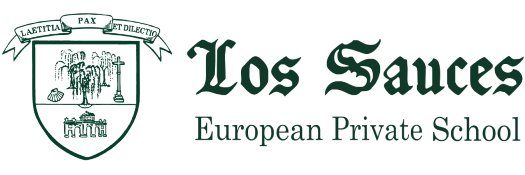Educational model
Our educational strengths
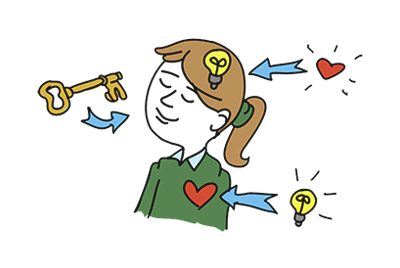
We follow the emotional education model, Educa e +e , at every stage, with the aim of developing in students socio-emotional abilities such as self-esteem, self-motivation, responsibility, resilience, respect for others, critical abilities, assertiveness, decision making and a positive attitude among others. In this way, our pupils will be able to fulfil their dreams as they will have the necessary foundation to reach their professional goals, but they will also know how to control their emotions and will be happier within themselves and with those around them. All this contributes to the pupils’ emotional wellbeing and serves as a fundamental skill which they will use throughout their lives.
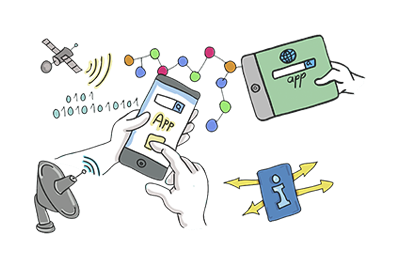
Technology is an integral part of our schools and every centre is equipped with interactive whiteboards, laptops and tablets. Using this technology, students work with different educational programmes, such as Progrentis or Moodle. Using the school’s intranet, student have access to different blogs such as Readers’ Club, Fun with English or Actors’ School among others.
Technology compliments learning and programmes are adapted according to the pupils’ ages and academic levels. Robotics are also part of the classroom learning and students are introduced to programming with Arquino (C++) and Scratch. The Phidias online platform allows for communication between parents and the school.
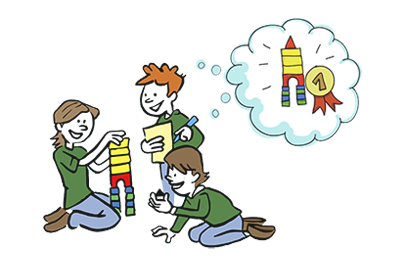
Through cooperative learning our pupils learn that they can reach common objectives by working together. We help them to create learning communities where the children not only learn together but also from one another. By cooperating, pupils develop interpersonal intelligence which helps them to understand others, communicate with them, establish and maintain relationships as well as taking on different roles within the groups, either as members or as leaders, benefiting the atmosphere in the class and the group cohesion.
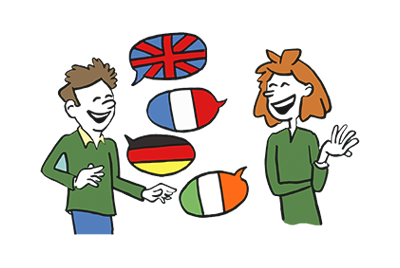
Our educational programme is bilingual, Spanish and English. We are able to achieve this thanks to bilingual and native speaking teachers. From 4th Primary up to final year, Bachillerato, students also learn a second foreign language, French or German. The school offers exchange programmes with pupils from the United States, France and Germany during the school year. Chinese classes are also offered as an extracurricular activity.
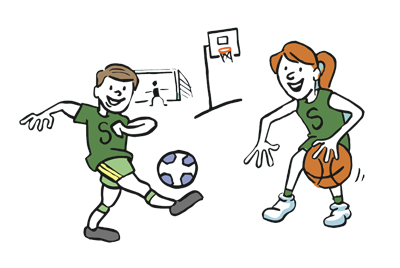
We consider sport fundamental in our pupils’ development. We believe that sport develops and reinforces values such as commitment, hard word, teamwork, leadership, companionship, sporting attitude, learning how to win and how to lose, self-improvement,etc Sport is essential for a child’s development of motor skills, balance, coordination and healthy habits. Sport contributes to promoting a healthy lifestyle in our students especially as it allows them to develop personal values which they will have for the rest of their lives.
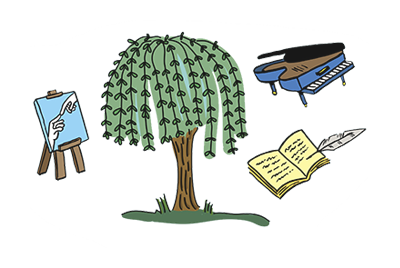
The education we offer our pupils goes beyond the strictly academic because we want to prepare them with an education for life. So, we offer classes in theatre, painting, dance and music. Theatre has always had a special place in our school, because we believe that it allows pupils to improve communication, empathy, group work, expressiveness, imagination and commitment. Music, painting and dance are artistic expressions that we foster in our pupils, both as a curricular and extracurricular activity.
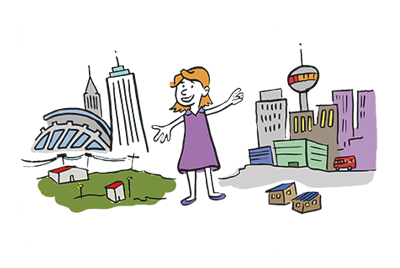
Los Sauces attaches as much importance to academic learning as to students’ education in values. So, from the beginning of their schooling we instill in them values such as responsibility, respect, commitment and solidarity, which will guide them at all times and is part of our identity as an Educational Institution. We teach them to be critically aware, to question the world around them, and foster their personal development from childhood. With this in mind, we frequently collaborate with NGOs such as Banco de Alimentos, Caritas, Save the Children, Fundación Unoentrecienmil, Fundación Dilaya, Fundación Vicente Ferrer and with organisations dedicated to children, youth, the elderly and the environment.
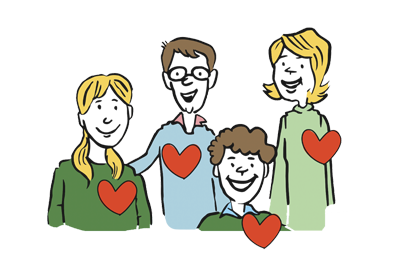
Our concern for creating a safe school environment has led us to implement the KiVa anti-bullying programme. Both pupils and teachers have been trained in this Finnish programme which PREVENTS school bullying situations and MINIMIZES the negative effects of any detected cases. KiVa anticipates any possible bullying incidents through general actions directed at all pupils. In this way, the whole school community is made aware and we ensure that the pupils themselves put a stop to any act that affects the whole group. This means that we are able to fulfil one of the objectives of our Educational Institute – to create a pleasant school where all the pupils feel comfortable and happy.
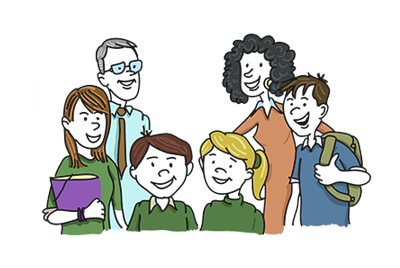
By improving reading speed and comprehension pupils acquire more efficient ways of learning through development of the ability to analyse, summarise and abstract. This in turn improves their academic performance. For these reasons we have incorporated the Progrentis programme into the curriculum as part of Language and Comprehensive Reading. It is an individual personalised programme done on either a laptop or tablet and it improves reading comprehension and fluidity. It is designed for pupils from 2nd Primary up to 1st Secondary. Every student has a routine to work on specific techniques through interactive neuro- visual exercises, and progress is monitored regularly.
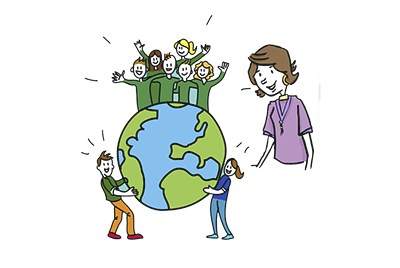
Given the importance of communication nowadays, Public Speaking classes begin in 1st Secondary. We want our pupils to develop the skills and abilities to allow them to speak in any public setting in an assured and confident way and that they are able to defend their points of view. From 2nd Secondary onwards, Debate classes start where students prepare arguments, counter arguments, learn to listen to their opponents but, above all, they learn to develop critical thinking. These are fundamental skills for the future of our pupils both in their personal and professional lives.
